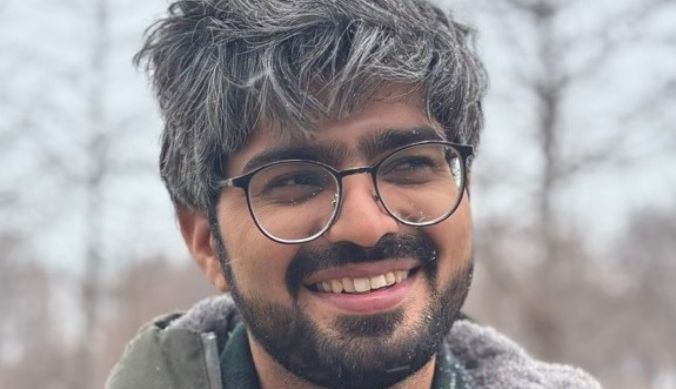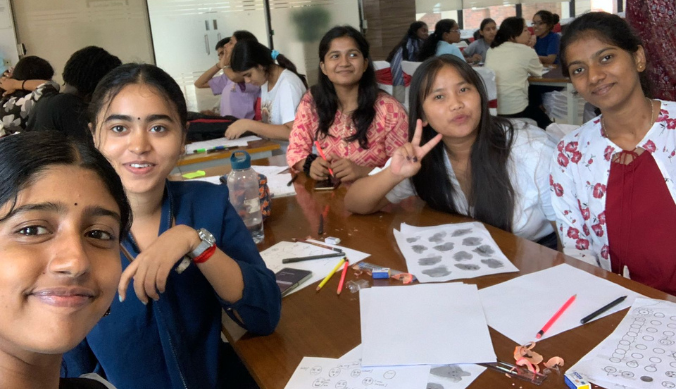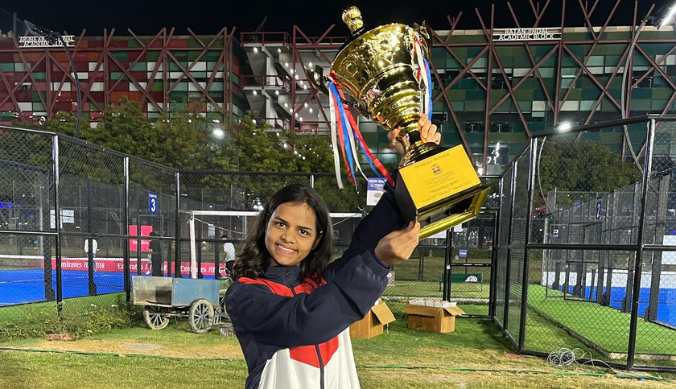RA Spring Training Through the Lens of Ashokans
Fourth-year Student Chanda Kumari shares insights from the RA Spring Training session held between January 13 and 17 at Ashoka University.
The Resident Assistants enthusiastically began their Spring Training with a series of engaging workshops and activities lined up between January 13 and 17. Strengthening the collaboration among RAs was a central theme of the training session, reflecting the need for a unified approach to enhance the residential life experience. The session revisited the goals set during the Monsoon semester, focusing on fostering accessibility and inclusivity across campus housing.
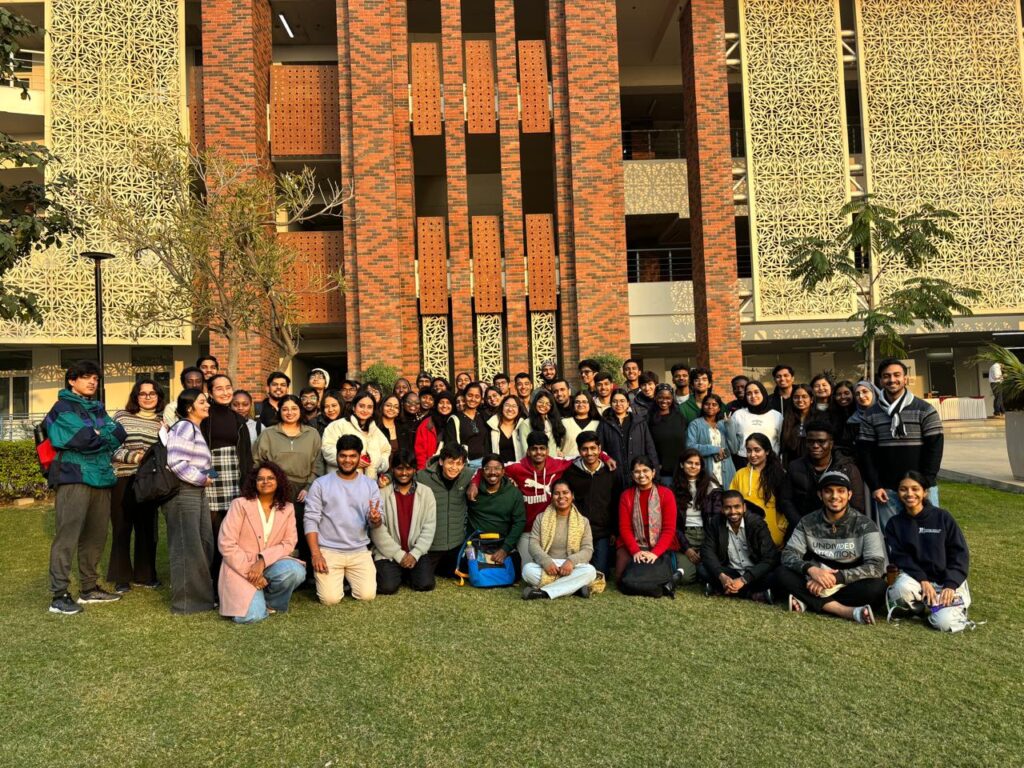
A strong RA network ensures efficient communication, better problem-solving, and a sense of collective responsibility for student well-being. Through team-building activities and shared reflections, the training highlighted creating a supportive ecosystem where RAs can rely on each other for advice and assistance. This collaborative spirit extends to working closely with university offices to address resident concerns holistically. The session encouraged RAs to take proactive measures in resolving conflicts, identifying students needing support, and cultivating a sense of belonging within their communities. Fostering a robust support network among RAs ensures that every resident has access to a nurturing and inclusive environment.
Empowering Students Through Substance Abuse Awareness
The training began with an eye-opening session on substance abuse, led by Dr Mayank Garg. The discussion covered crucial topics like substance tolerance, addiction, and dependence, explaining how they’re connected yet distinct. Dr Garg also highlighted the serious impacts of substance abuse on physical and mental health. The session provided practical tips on supporting friends or students who are trying to quit and acknowledging the challenges involved in this process. Interactive role-play exercises helped RAs better understand how substance use can develop into abuse and how to respond effectively in real-life situations. A highlight of the session was the engaging Q&A segment, where RAs posed thoughtful questions, including, “Is sugar or coffee considered a substance?” The session empowered RAs with knowledge and strategies to identify and address substance-related concerns, ensuring they are better equipped to support students in their roles.
Office of Global Education – Introduction Session with RAs
The Office of Global Education held a training session for Resident Assistants (RAs) to help them better support students in the Visiting Students Program (VSP). This program brings students from different countries and educational backgrounds to Ashoka, fostering cultural exchange and diversity on campus. The session focused on the unique challenges VSP students face, like adapting to a new culture and academic system. RAs were encouraged to act as cultural guides, offering personalised support and creating spaces for open conversations. The training dwells on the importance of cultural sensitivity and inclusivity, ensuring all students feel welcome and valued. By understanding and addressing the needs of VSP participants, RAs can help create a positive experience, making Ashoka a second home for these students. With this support, visiting students can thrive academically, socially, and personally during their time at Ashoka.
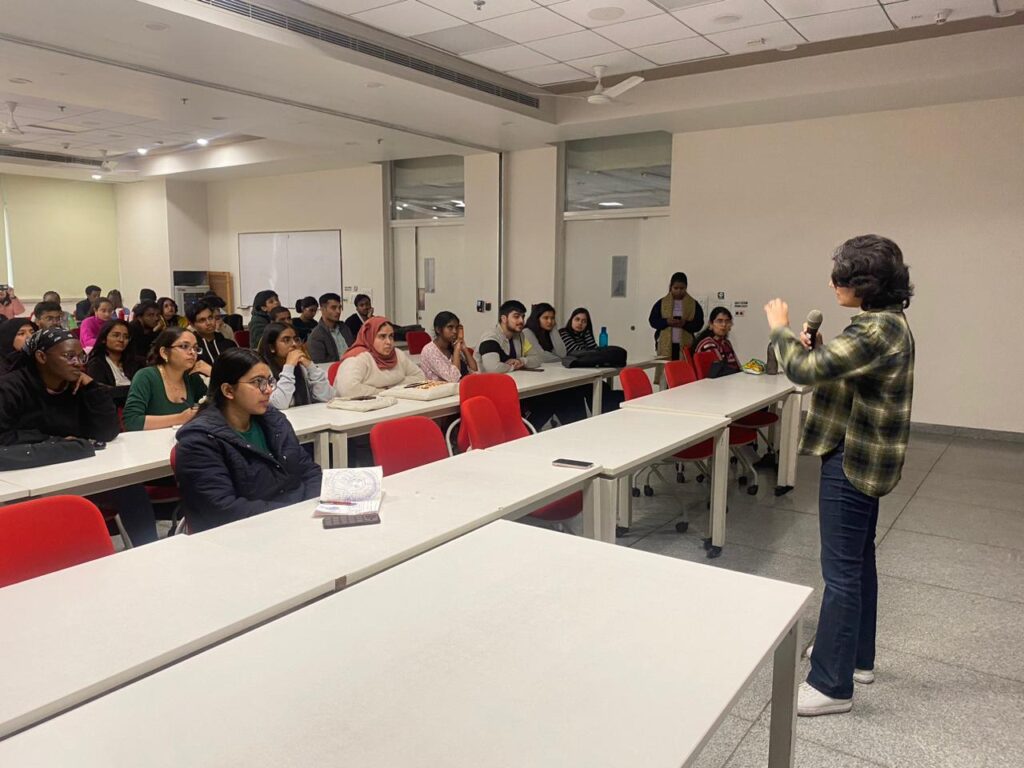
RAs Engage in Activity on Building Supportive Ecosystems
Students’ well-being plays a crucial role in fostering a supportive and inclusive campus environment. To address all the above, we had Dr Arvinder from ACWB, who led a session emphasising the importance of accessibility and inclusivity, highlighting how students can find common ground to create inclusive spaces. Simultaneously, The Office of Learning Support (OLS) plays a key role in assisting students with disabilities in academics and campus life, collaborating with Residence Life to provide accommodations and raise awareness. Discussions also centred on improving the accommodation process, ensuring transparency, and addressing the challenges students face, particularly those with disabilities that may not be explicitly covered in existing policies.
Finally, the session on Building Supportive Ecosystems, led by Sunita Bansal and Anuradha Sen from the Student Care Office, focused on defining a supportive system where students feel heard and assisted. The vision of the office is to create an inclusive and empowering space through compassionate care and timely intervention. Students were encouraged to reach out to the office for any concerns, with clear guidelines on how to contact them through AMS, email, or helpline numbers.
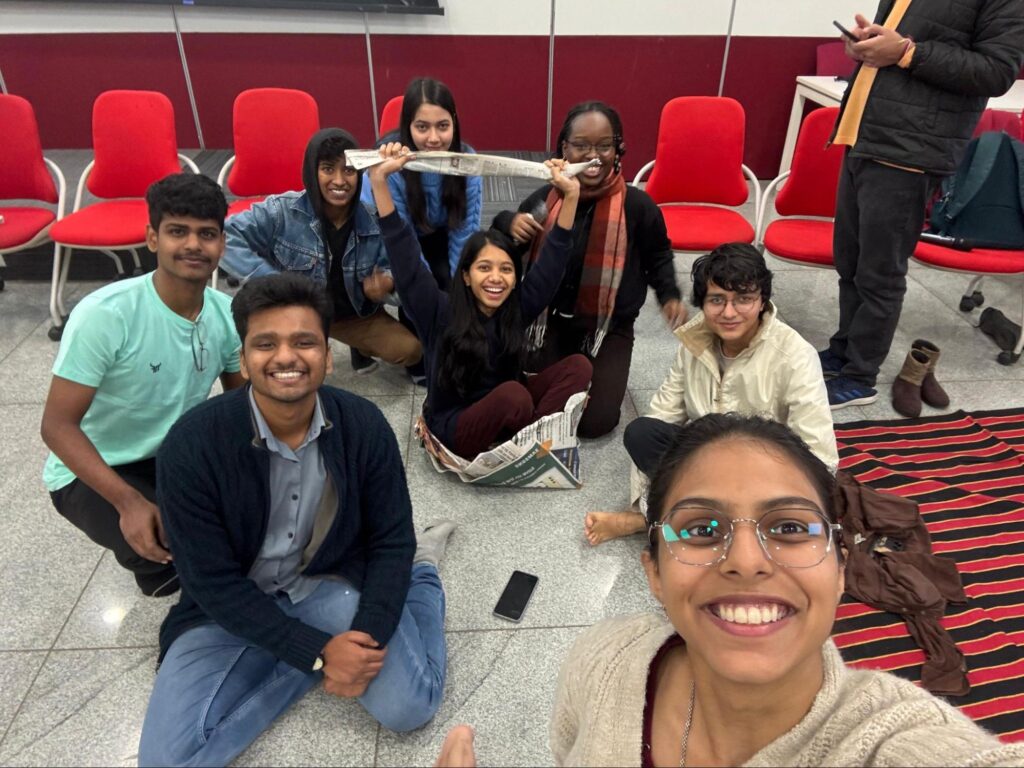
A significant takeaway from spring training sessions was the need for better awareness and engagement. Suggestions included conducting more sensitisation sessions, fostering discussions on disabilities with faculty and staff, and implementing structured support for mental health accommodations. Encouraging proactive communication between students, RAs, and support offices was highlighted as essential in building a more inclusive and understanding community.
Study at Ashoka









